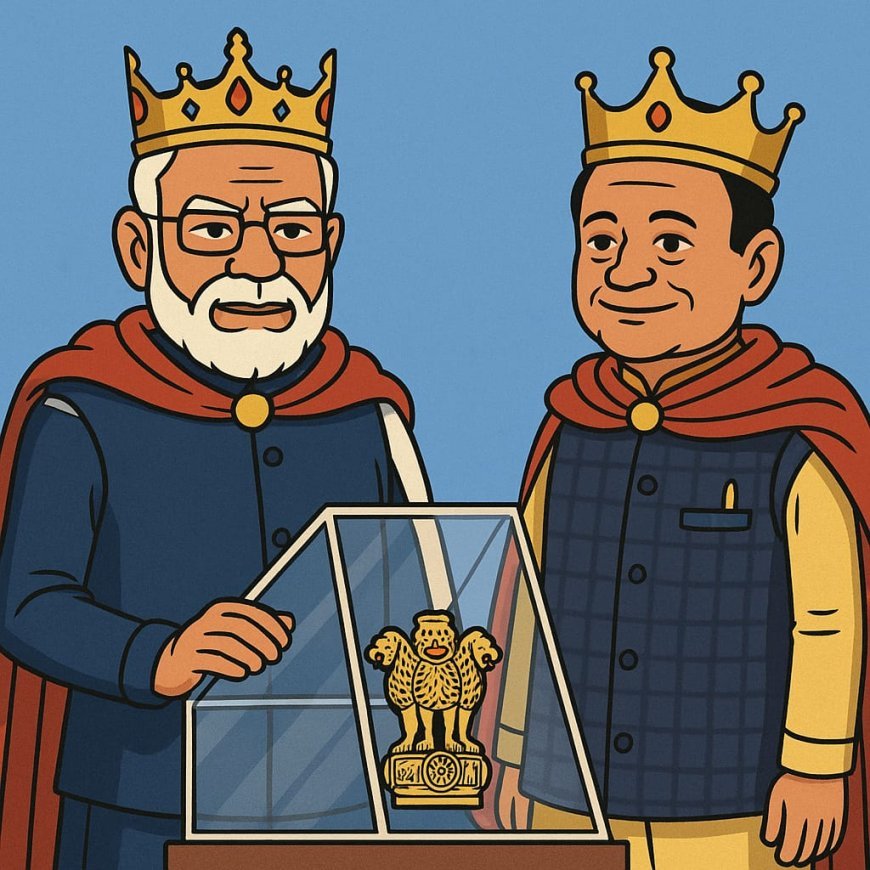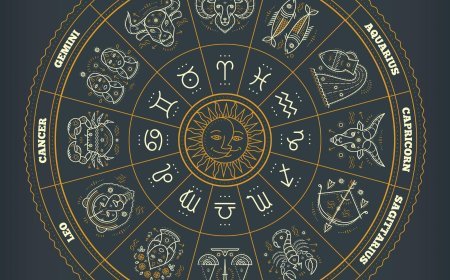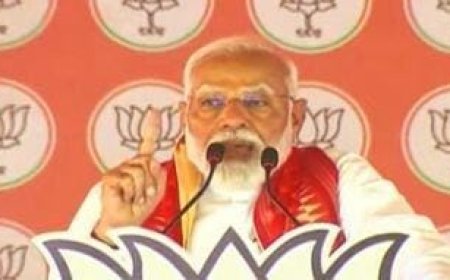The Emperor and the King

In the vast empire of Bharatvarsha, there reigned an emperor named Narendra. His rule spanned across the land, and he had an iron grip over his ministers and vassals. With his sharp wit and cunning, he mesmerized the common people, who saw him as a larger-than-life figure. Yet, behind the grandeur, he was a master of manipulation, bending laws and morals to serve his own interests.
One day, in a province called Utkala, Emperor Narendra appointed a new king—Mohan. Mohan was known for his wisdom, education, and dedication to his people. He had spent years understanding the ways of governance, unlike the emperor, who relied more on theatrics and charisma. Despite this, the emperor did not see Mohan as an equal; he saw him as a pawn.
From the day of his coronation, King Mohan found himself trapped in a web spun by Emperor Narendra. The emperor used his influence to dictate every move of the king, ensuring that his own authority remained supreme. While the king had the power in name, every decree he issued had to align with the emperor’s grander scheme. If he dared to think independently, he was subtly reminded that his crown rested on the emperor’s mercy.
As days passed, the people of Utkala started seeing the truth. Their king was merely a shadow, with strings pulled from the imperial court. The emperor continued to misuse his power, making decisions that benefited him while leaving the province struggling. But King Mohan, despite his position, could do little—his words were overridden, and his will was subdued.
Yet, history teaches that no empire lasts forever. The day would come when the people would awaken, realizing that intelligence and wisdom should triumph over cunning and deceit. Until then, the king remained bound, waiting for the moment when truth would break the chains of power.
The Emperor’s Shadow
In the great land of Bharatvarsha, Emperor Narendra ruled with a firm grip. His voice was law, and his every move was calculated to strengthen his empire. He was not just a ruler; he was a master strategist who understood the power of division. Unlike emperors of old who expanded their empires through war, Narendra had a different strategy—he ruled by dividing his own people.
In the province of Utkala, Narendra appointed King Mohan to the throne. Mohan was a learned man, a leader who once commanded respect among his people. His vision was to uplift his province with knowledge, unity, and prosperity. But the emperor had other plans. He whispered into Mohan’s ears, convincing him that the only way to stay in power was to follow his path—divide and rule.
At first, Mohan resisted. He had seen the damage such policies had caused in history. His province was a land of harmony, where people of different faiths lived together, sharing festivals and struggles alike. But the emperor was persistent. He sent his ministers, his advisors, and his propagandists to ensure that Mohan had no choice but to walk the path laid before him.
Slowly, under the emperor’s influence, Mohan began to drift from his people. He issued decrees favoring one section over the other, sowing seeds of distrust. The emperor’s men spread rumors, fanned flames of hatred, and ensured that brothers turned against brothers. Protests erupted, friendships broke, and the once-peaceful province of Utkala began to lose its harmony.
Mohan, once admired for his wisdom, found himself trapped. He had lost control over his own land, and his name no longer commanded respect. When he walked through the streets, he saw resentment in the eyes of the very people who once hailed him as their leader. He had followed the emperor’s orders, but at what cost? His province was in turmoil, and his own reputation was tarnished.
Meanwhile, Emperor Narendra remained unbothered. His rule was secure, his strategy successful. He had ensured that Mohan bore the blame while he reaped the benefits. After all, a divided land was easier to control.
But history has always favored those who stand with the people. Mohan realized that if he continued down this path, his name would be lost forever in disgrace. He stood at a crossroads—would he break free from the emperor’s grasp and reclaim his honor, or would he remain a mere puppet, watching his province burn?
The choice was his. But time was running out.
Moral of the Story:
Manipulative rulers may succeed in the short term, but their tactics ultimately sow the seeds of their own downfall.
Sanjay Pattnayak
Sundargarh












































